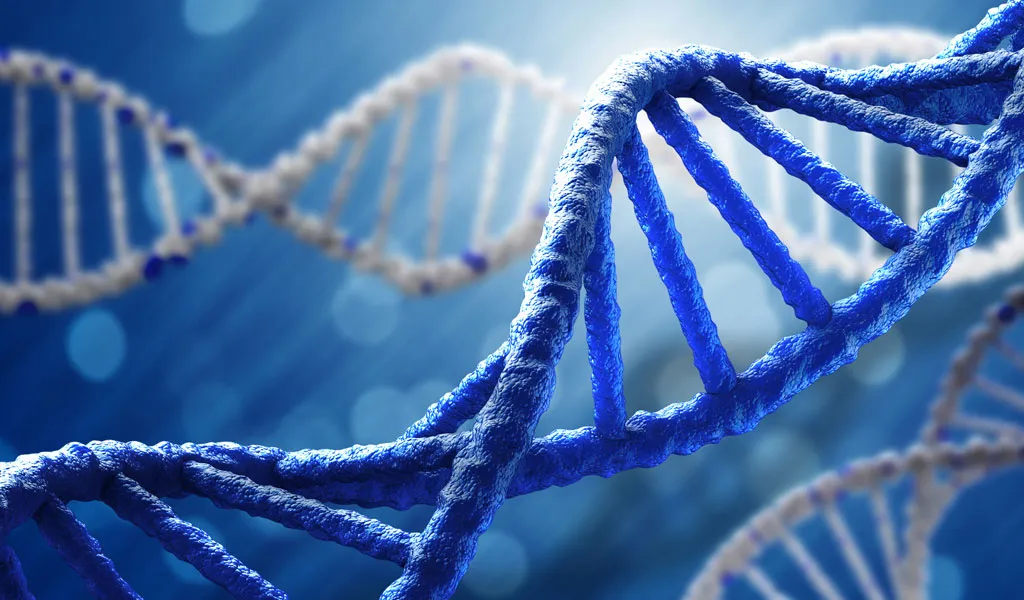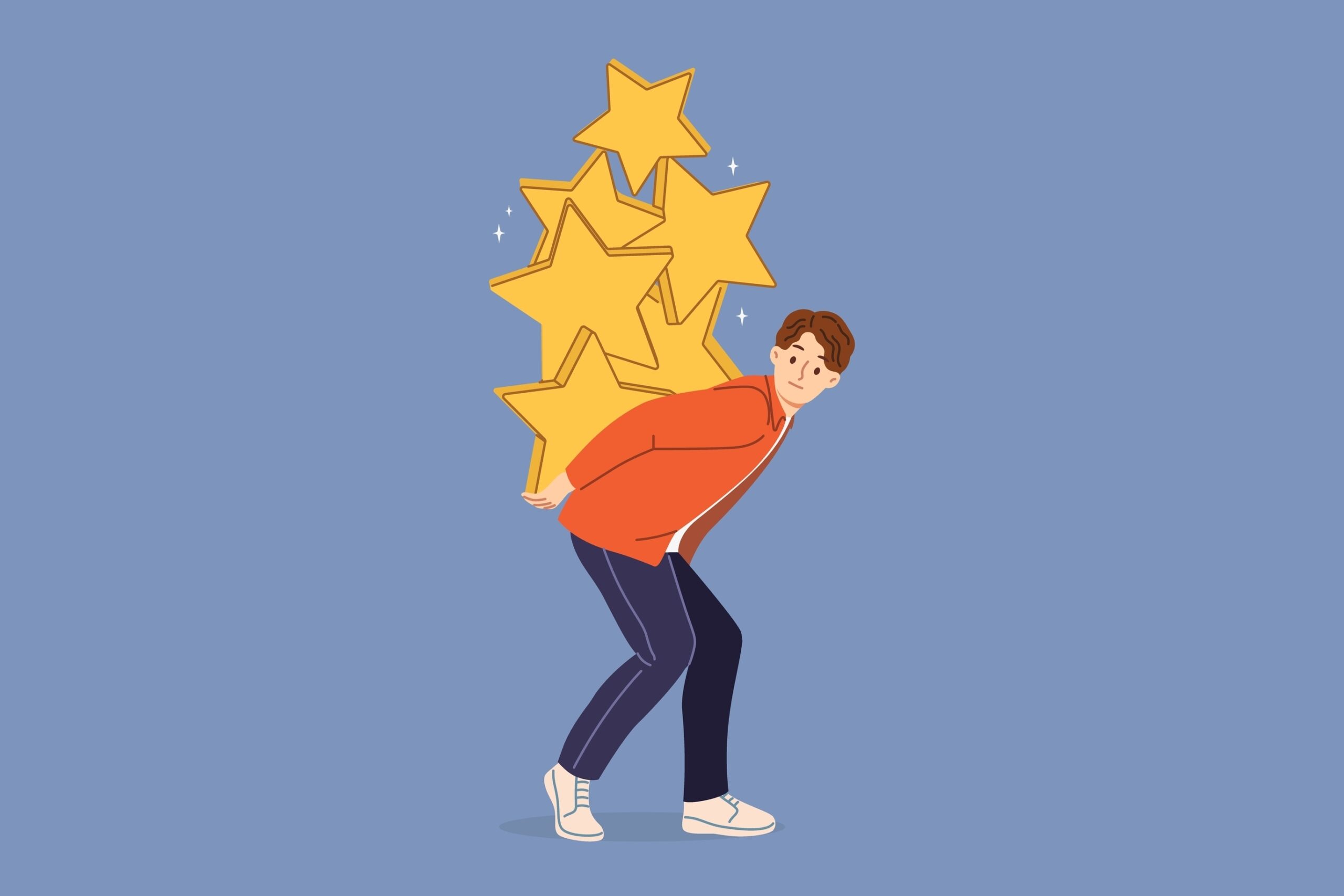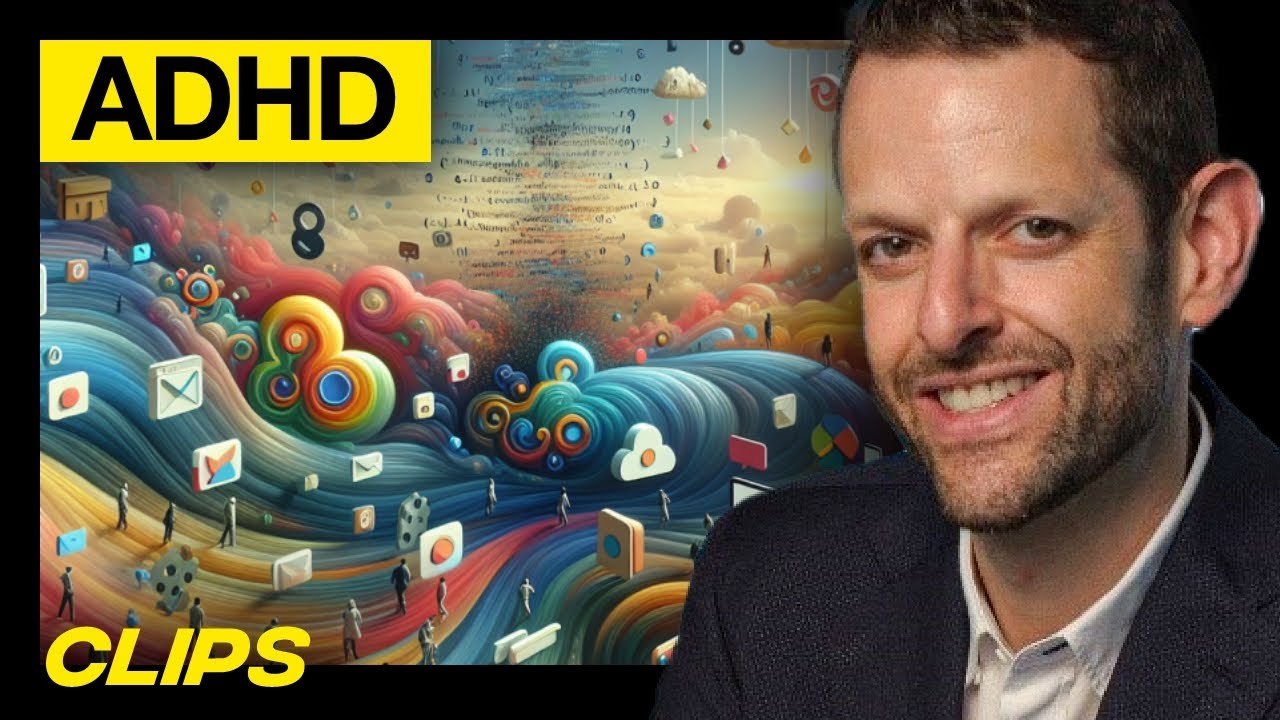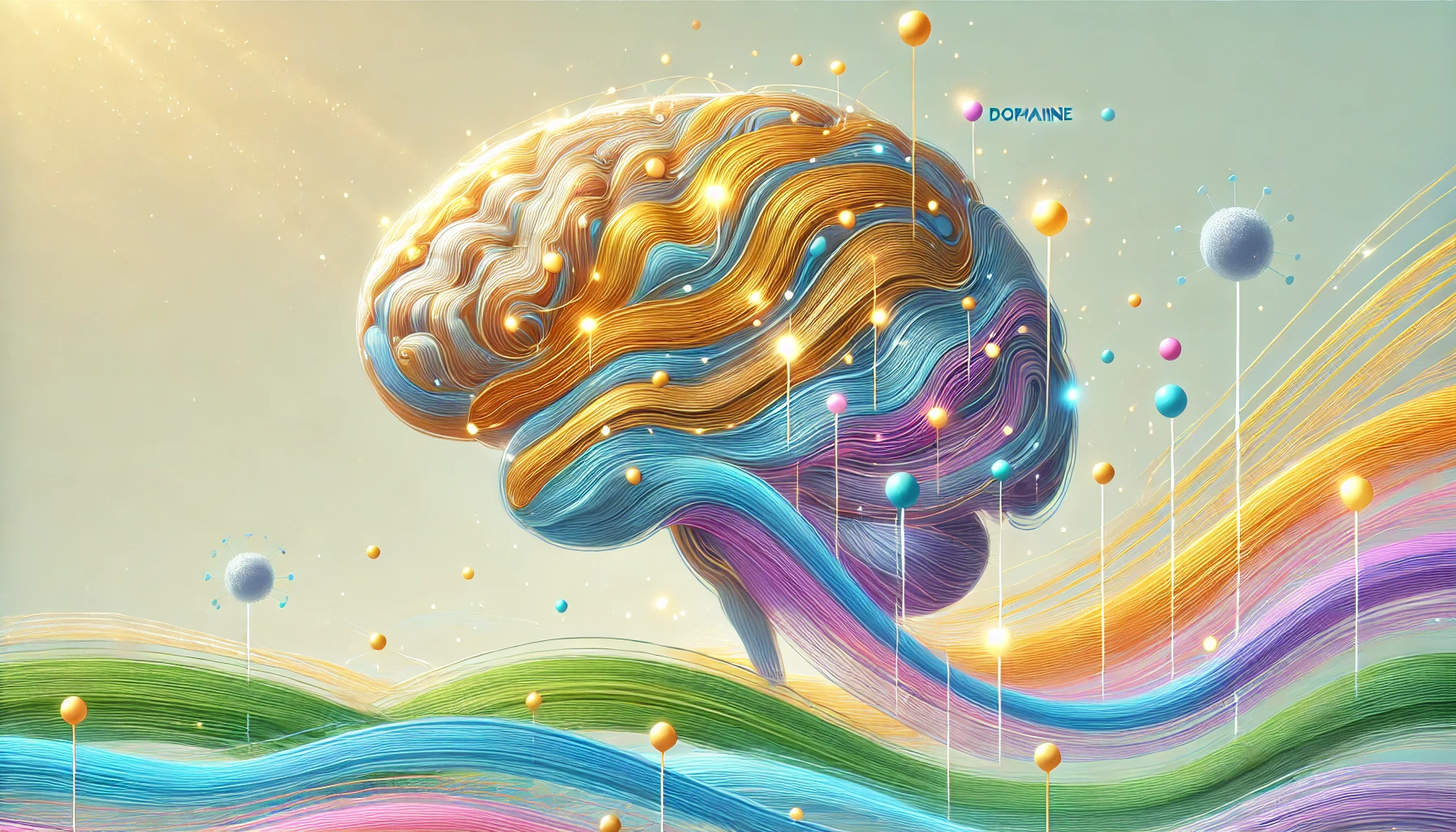
Having advised hundreds of families afflicted by ADHD for the past twenty years, I have witnessed firsthand the confusion, guilt, and misinformation that go along with the condition. Today, I want to tell you what the scientific literature has taught us about where ADHD comes from – and why being knowledgeable about the science is more relevant now than ever.
In March, Sarah sat in my office, tears streaming down her face. "Is it my fault?" she sobbed, observing her 8-year-old son fidgeting in the waiting room. "Did I make him have his ADHD?" This is a question that I hear roughly once weekly, and it is illustrative of an elementary misunderstanding of what is known about the origins of ADHD.
The science is unequivocal: ADHD has one of the strongest genetic underpinnings of any psychiatric disorder. Twin research, comparing identitical twins (who have 100% of DNA in common) to fraternal twins (who have 50%), consistently have heritability between 70% to 88%. For reference, that means genetics account for roughly three-quarters of risk for developing ADHD – a figure that is on par with height or intelligence.
Consider these striking statistics from family studies:
If a biological parent has ADHD, their child's risk increases by over 40%
Siblings of children with ADHD face a nine-fold increased risk
When one identical twin has ADHD, the co-twin's risk is dramatically elevated (though not 100%, highlighting environmental factors)
Unlike conditions caused by mutations in a single gene, ADHD represents what scientists call a polygenic disorder. Think of it as a complex recipe where multiple ingredients (genes) each contribute a small amount to the final dish. Recent large-scale studies have identified 27 distinct genetic markers, while comprehensive analyses suggest as many as 7,300 common genetic variants collectively influence ADHD susceptibility.
The genes involved paint a fascinating picture of brain function. Research has identified several key players:
| Gene | Function | Role in ADHD |
|---|---|---|
| GFOD1 | Metabolic processes | Neuronal development |
| CDH13 | Cell adhesion | Synaptic connectivity |
| ADGRL3 | Neurotransmitter signaling | Dopamine regulation |
| DUSP6 | Cellular signaling | Executive function |
| MEF2C | Gene expression | Brain development |
A number of these genes are highly expressed across the entire human brain and converge on dopamine circuits – the neurochemical system of remarkable significance for attention, impulse, and reward. Genetic variation here has an effect on executive functioning, explaining why individuals with ADHD struggle to plan, organize, and self-regulate.
That is where things get intriguing. Twin studies show 70-88% heritability, but genome-wide association studies (GWAS), studying millions of genetic variants across the genome, only explain about 22% of risk for ADHD. This gap, or "hidden heritability," suggests that current genetic resources are missing something of great significance.
Several explanations exist for this discrepancy:
Rare genetic variants with large effects remain undetected
Interactions between multiple genes are more complex than anticipated
Current studies lack the statistical power to identify all relevant genetic associations
Environmental factors may modify genetic expression in ways we don't yet understand
Genetics don't tell the whole story. Environmental factors during pregnancy and early life significantly influence whether ADHD symptoms manifest. The research identifies several critical risk factors:
Prenatal and Birth Factors:
Maternal smoking during pregnancy
Alcohol consumption while pregnant
Premature or early-term birth
Low birth weight
Oxygen deprivation during birth
Environmental Toxins:
Lead exposure from old paint or contaminated soil
Organophosphate pesticides
High air pollution levels
Severe traumatic brain injury (leading to "secondary ADHD")
An example of such environmental influence is that of one of the patients, Marcus. Born preterm at 32 weeks to an antepartum smoke-exposed female, Marcus had typical ADHD symptoms by 5 years of age. His is an instance of environmental risk factors confounding genetic predisposition to affect outcomes.
More difficult still is distinguishing between trauma-related symptoms and true ADHD. Adverse Childhood Experiences (ACEs) can have astonishingly similar symptoms: distractibility, mental restlessness, and emotional disturbance.
I remember Emma, 12, who had been referred for evaluation for ADHD. Teachers reported typical inattentive symptoms – daydreaming, distractibility, being miles away. But painstaking history-taking showed that these symptoms had started following her extremely bitter divorce of her parents. What appeared to be ADHD was really dissociation due to trauma.
The relationship between trauma and ADHD is bidirectional:
Trauma can mimic ADHD symptoms
Children with ADHD are four times more likely to develop PTSD after traumatic experiences
ADHD symptoms can make children more vulnerable to negative experiences
This complexity underscores why thorough ADHD testing requires comprehensive assessment beyond simple symptom checklists.
Let me be unequivocal: "bad parenting" does not cause ADHD. This persistent myth has caused untold anguish for families. However, parenting styles can influence symptom expression and severity.
Research reveals a bidirectional relationship:
Children's ADHD symptoms can evoke certain parental responses
Frustrated parents may become more authoritarian or permissive
This creates a "cycle of adversity" affecting the entire family system
The key insight? Genetic predispositions not only respond to environmental influences but actively shape them. A child's impulsivity might trigger parental frustration, which then affects the family dynamic. Understanding this helps shift focus from blame to adaptive family strategies.
Here's a thought-provoking twist: evolutionary psychiatry suggests ADHD traits might have been advantageous in ancestral environments. Novelty-seeking, impulsivity, and heightened alertness could have provided survival benefits in hunter-gatherer societies.
Consider the "mismatch theory" – the idea that many modern psychological conditions stem from discord between our evolutionary adaptations and current structured environments. The traits we now label as "symptoms" might have helped our ancestors:
Quickly adapt to changing conditions
Make rapid decisions under pressure
Remain vigilant against threats
Capitalize on fleeting opportunities
This perspective reframes ADHD from a purely deficit-based model to one recognizing potential historical strengths. It suggests that modern structured environments may not align with these deeply rooted cognitive styles.
ADHD testing involves a multi-faceted assessment process, not a single test or quick checklist. A comprehensive evaluation typically includes:
| Assessment Component | Purpose | Examples |
|---|---|---|
| Clinical Interview | Gather detailed symptom history and assess impact | Interviews with individual, parents, teachers, partners |
| Rating Scales | Objectively measure symptom severity | Vanderbilt, Conners, BASC, CBCL |
| Records Review | Identify patterns and provide context | School reports, medical history, developmental milestones |
| Observation | Assess behavior in various settings | Direct observation during clinic visits |
| Psychological Testing | Screen for co-occurring conditions | Cognitive ability tests, academic achievement assessments |
| Medical Screening | Rule out other conditions | Hearing/vision tests, thyroid function, lead levels |
The process aims to rule out conditions that can mimic ADHD symptoms, including anxiety, depression, learning disabilities, sleep disorders, and medical conditions affecting attention and focus.
ADHD doesn't exist in isolation. Strong genetic correlations exist with other conditions:
Bipolar disorder (r = 0.64)
Childhood and adult ADHD (r = 0.81)
Autism spectrum disorder
Various mood disorders
These correlations suggest shared genetic risk factors among neurodevelopmental and psychiatric conditions. From a clinical perspective, this explains why co-occurring conditions are common and require integrated treatment approaches.
Despite strong genetic evidence, direct genetic testing for ADHD diagnosis isn't currently recommended. The identified genetic risks often have small effect sizes or are rare, making them unsuitable for individual prediction beyond family history.
However, the future holds promise. Pharmacogenomics – predicting medication response based on genetic makeup – shows early promise. Small studies suggest specific genetic variations might predict stimulant therapy response, potentially reducing the trial-and-error process many patients endure.
The consequences of untreated ADHD extend far beyond childhood. Research documents significant impacts on:
Academic and occupational performance
Social relationships and functioning
Self-esteem and emotional well-being
Socioeconomic outcomes including employment stability and income
Increased risk for social security disability benefits
These findings underscore the importance of early identification and appropriate intervention.
Having had twenty years of clinical practice, I've come to realize that ADHD is not something that can easily be explained. It is not genetic or environmental but comes out of the dynamic interaction between our genetic heritage and life events.
For families like Sarah's, comprehension of that complexity is also an equiping and a relief. When she learned about the strong genetic component of ADHD, the guilt went away. "It's not something I did," she explained, "it's something that we can work with."
This scientific approach lays the foundation for self-acceptance and empathy. It shifts focus from blame to understanding, stigmatization to advocacy. Most of all, it affirms that people who have ADHD are not broken – they're unique, blessed with strengths and challenges that have developed across millions of years.
The region continues to develop, waiting for still more individually tailored treatment. Until that day, careful assessment, evidence-based treatment, and family support are our most potent tools for helping individuals with ADHD to thrive despite living too often in a world designed for other minds.
Going ahead, let us remember: ADHD is neither an external failure of the child, nor an error of the parent. It is an extremely complex neurobiological condition of profound genetic etiology, shaped by environmental influences, and deserving of our compassion, encouragement, and sustained research attention.

Throughout my two decades of clinical practice, I've observed how technology repeatedly promises to solve human connection problems while often exacerbating them.

As a psychotherapist who has worked for decades within our healthcare system, I've seen for myself the challenges patients face: long delays, fragmented care, misdiagnoses and treatments that can seem more like educated guesses than targeted solutions. Such experiences have helped me appreciate the huge benefits and the sobering limitations of modern medicine.

Across the United Kingdom, the United States and Canada, the understanding of ADHD as a healthcare issue that impacts people of all ages is finally gaining traction. As a result, demand for diagnostic and treatment services has exploded in all three countries.

“It is of great concern that some adults who are formally diagnosed with ADHD are dying younger than they should,” says Professor Josh Stott of University College London. This frightening conclusion speaks to a stark truth — people with Attention Deficit Hyperactivity Disorder (ADHD) experience a significantly shorter life span than their peers.

As a clinical psychologist specializing in adult ADHD for over 20 years, I've witnessed a paradoxical pattern that often surprises both patients and practitioners: the strong connection between ADHD and perfectionism.

Let's sit down with Jeff Karp, professor of medicine and co-director of Regenerative Therapeutics at Brigham and Women’s Hospital. We've got him on the couch, coffee cups in hand, ready to dive into what makes this guy tick.

In my years of practice, I've seen the landscape of ADHD treatment transform dramatically. Just last month, a patient who had struggled for decades found relief through a combination of new treatment approaches we'd never had available before.